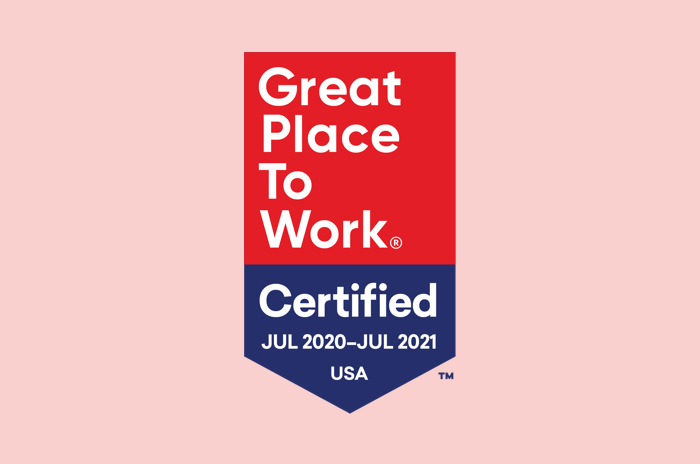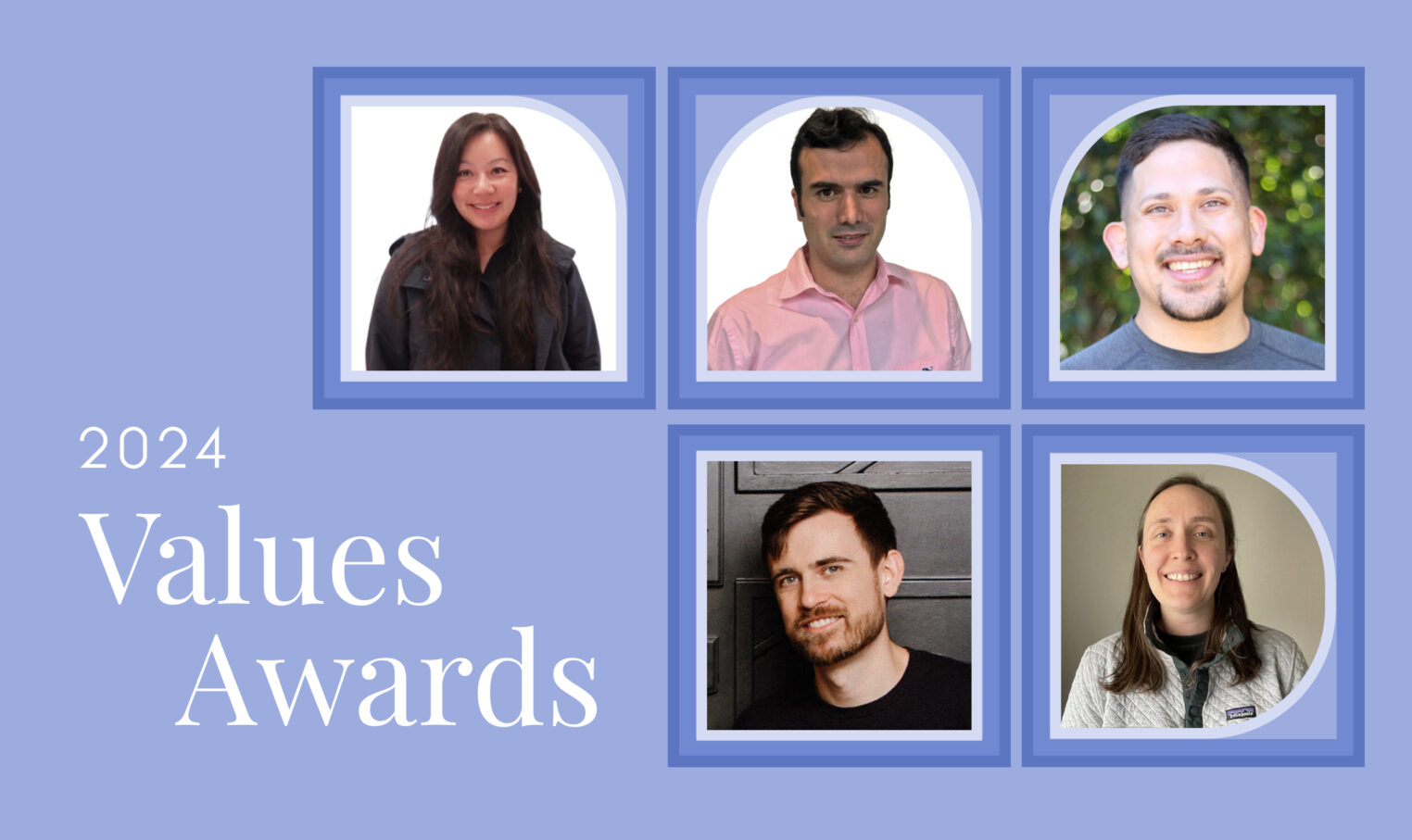Dr. Ari Hoffman joins Collective Health as Chief Clinical Officer to help us tackle the challenges within the U.S. healthcare system using an approach anchored in health equity and high-value care.
We are thrilled to welcome Dr. Ari Hoffman, our new Chief Clinical Officer, who will use his expertise in broader healthcare systems and value improvement to drive our clinical and care strategies and lead our Member Care Experiences Product.
Hoffman is a graduate of Stanford University and University of California San Francisco (UCSF) Medical School. He comes to Collective Health from UCSF, where he served in a variety of clinical and academic leadership roles, and most recently as Value Improvement Director for Hospital Medicine. He is the recipient of numerous awards at UCSF including the 2012 Quality & Safety Innovation Challenge and the 2010 Innovative Teaching Award.
A San Francisco native, Hoffman resides in Noe Valley with his wife and 2 little boys. When he’s not pursuing higher value healthcare, he can be found in his garage full of tools building or DIYing his latest project.
While leading clinical strategy at Collective Health, Hoffman will retain an academic title at UCSF and remain in a part-time clinical role at the hospital. “I think it’s so important to remain grounded in clinical care,” Hoffman said. “Because at the end of the day this is really about caring for people.” His outlook closely mirrors the mission of Collective Health, which is to empower people in their care.
A strong focus on value in healthcare
Hoffman has a strong background in health policy, with impressive mentors he worked with early in his career that include Dr. Ezekiel Emanuel, a healthcare adviser for the Obama administration, and Steve Pearson, MD, MSc, founder and President of the Institute for Clinical and Economic Review (ICER). And while Hoffman has spent years on the faculty at UCSF teaching health policy and value, it wasn’t always his focus.
“What drives me is the affordability crisis—the financial toxicity of healthcare.”
During medical school, he had what he calls a career turning point. With a strong interest in research, he was set to complete a clinical research fellowship at the National Institute of Health (NIH) as a gap-year program where he could expand on earlier basic science research, but with more of a human focus and on a much larger scale. However, his day-to-day experiences in the hospital left him frustrated and questioning his focus.
“I saw all of these people that we were failing, because they slipped through the cracks when we didn’t help them upstream.” Hoffman explained that our healthcare system is in a bit of a downstream crisis, focusing too heavily on things like hospital care and not enough on prevention. Inevitably, people who continually struggle with chronic disease management will keep coming back to the hospital.
Discouraged with what he was observing, Hoffman realized he didn’t have the framework or language to engage in larger systems discussions until he attended a series of health policy talks, “That was kind of the lightbulb moment for me that I needed to think about these issues from a much larger systems perspective.”
After his realization, Hoffman parlayed his time at the NIH into a Bioethics fellowship to work with mentors Emmanuel and Pearson, and soak up all of the knowledge he could around policy process at the national scale, health reform efforts, and ways to think about value and waste in healthcare.
“My focus at that time and since has been on value—really about cost of care, and the burdens of high-cost of care on individuals. I’m still driven by that.”
In 2013, Hoffman co-authored an article, Reengineering US health care, which was published in the Journal of American Medicine and argued that the American healthcare system needed an entire redesign in order to improve quality and control costs.
“With a focus on reengineering, the nation may succeed not only in implementing systematic health care reform, but reform that actually improves the health of Americans while simultaneously controlling unsustainable costs.”
Hoffman has published over 20 scientific papers on topics ranging from clinical education and biomarkers in various disease states to waste in healthcare. For more insights related to high-value healthcare, check out these papers he has co-authored:
- Choosing Wisely in Era of COVID (2020)
- Hospitalists, value and the future (2016)
- Varying Charges and Questionable Costs (2015)
- Marginal Medicine’: Targeting Comparative Effectiveness Research To Reduce Waste (2009)
Spotlight: What are some notable trends you’re seeing in healthcare right now?
“I think the rise in virtual care is really significant. I think there’s going to be a lot of lessons to be learned, and I think one of them is that we need to think about digital solutions as tools, not as solutions unto themselves. I think some of the hype that surrounds digital health comes when we think of digital health innovation as the sort of panacea answer. It’s not—it provides us with tools that should be applied to a redesigned, rethought approach to healthcare.”
Coming to Collective Health
Hoffman wants to remain grounded in clinical care, but has always been interested in exploring how healthcare works from the insurance and benefits angle, and he is energized by the innovation in healthcare startups, like Collective Health. “This is a really exciting opportunity for me to make that pivot and to work with a truly interprofessional team of people who are dedicated to the vision of improving the healthcare experience and making it more affordable,” he said.
When it comes to Collective Health, specifically, what really sold him was the people. “The people here are so clearly driven by the mission, and so clearly aligned around each other. There’s also just a lot of humility, and you don’t see people trying to make sweeping claims about the successes of the company,” he said. “They’re certainly celebrating successes, but they’re taking a really intellectually honest approach to how we assess them.”
“I think it’s on us to reach all of our members and figure out how we can best help them.”
As Chief Clinical Officer, he’s excited to expand upon some features that Collective Health has already built like our Care Navigation offering, to deepen our member care product integrations, and to more effectively connect with our members in our quest to deliver higher value care.
In particular, Dr. Hoffman will be focusing on Collective Health’s value proposition: assessing, improving, and communicating the value of the care we provide to our members, and aiming to elevate their experience while supporting better bottom lines for their employers.
Spotlight: transformative experiences overseas
“My wife and I spent a year as Peace Corps Response volunteers in Uganda in partnership with Seed Global Health. We lived there for a year practicing and teaching medicine— doing a lot of work on systems improvement and value concepts, i.e., how to get the most bang for your buck from a very different end of the resource spectrum. We’re still in close contact with a lot of our friends there and plan to return.”
Prepared for the role of Chief Clinical Officer
New to the role of Chief Clinical Officer, Hoffman said that a combination of his varied experiences and leadership roles have prepared him for the dynamic nature of this role. “I think a lot of this role is about connecting dots and being able to work across a really pretty broad array of expertise,” he said.

Throughout his leadership roles at UCSF, Hoffman worked with data scientists and informaticists, researchers, patient groups, and other clinicians to develop best practices around systems thinking, change management, people management, and leadership communication.
“I think it’s the combination of those experiences that’s best prepared me—they gave me the ability to sort of have my hand in a lot of different cookie jars but ultimately maintain focus on patients and on clinical care.”
Spotlight: What’s one of the most important lessons you’ve learned in your career?
“Healthcare is a humbling profession. And so I think it’s important to recognize that we humans know a lot, but there’s so much that we don’t know. I personally have had a lot of experiences and have gained some expertise and knowledge, but there’s so much that I don’t know, and that I still need to learn. I’ve learned to approach things with humility and that the inquiry component of humility is so important—ask questions, and don’t presume to know all the answers. That is the pathway to discovery and better things down the line.”
Coming up in 2022: what to expect from Dr. Ari Hoffman
As we continue to navigate the constantly evolving state of “normal” and a healthcare system rocked by the pandemic, Hoffman will help steer Collective Health’s approach to care toward more tangible value and impact for our members.
Over the coming months, we are excited to share more of his perspective on key healthcare topics impacting our customers and their people, from social determinants of health to health equity and improving value in care.



